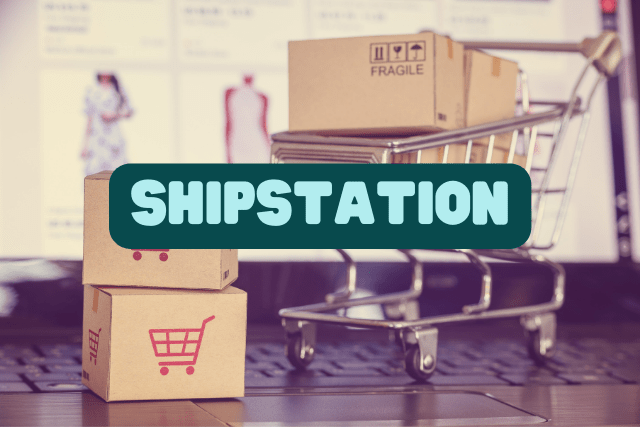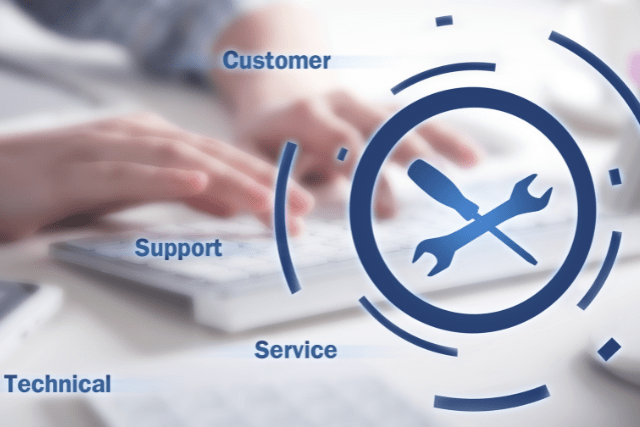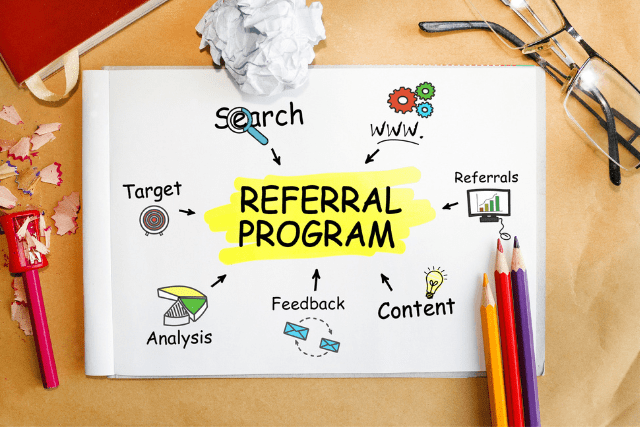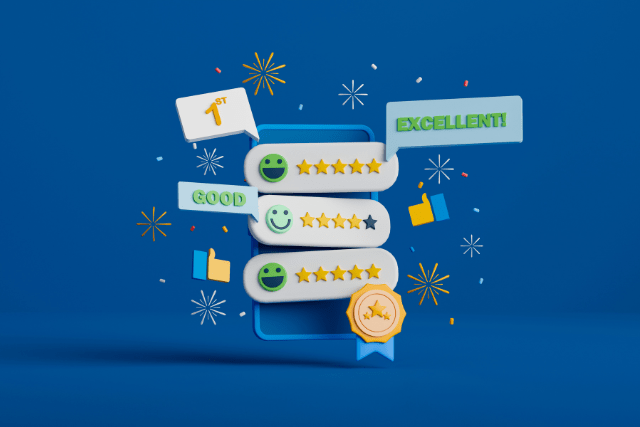Choosing the right CRM software is crucial for ecommerce businesses looking to build strong customer relationships and boost sales. With so many CRM tools on the market, how do you find the best ecommerce CRM to meet your business needs?
This article reviews the top 10 software solutions to help you make the right choice. Learn why CRM is essential for managing customer data and interactions to drive revenue growth.
Table of Contents
Key Takeaways
- Consider cost, features, ease of use, and scalability when choosing CRM software for your small business.
- Look for a CRM solution that meets your needs and aligns with your business goals.
- Ensure the selected CRM software is tailored to your business processes and can be easily integrated into your existing systems.
- Prioritize a user-friendly interface and the ability to scale as your business grows.
What is CRM Software?
Customer Relationship Management (CRM) refers to companies’ practices, strategies, and technologies to manage and analyze customer interactions and data.
CRM software is designed to help businesses organize and access customer data, track communications, and nurture relationships. It aims to improve customer service relationships, increase customer retention, and drive sales growth.
Some key features of CRM software include:
- Storing customer and prospect contact information
- Identifying sales opportunities
- Recording service issues
- Managing marketing campaigns
- Streamlining processes across different departments, such as marketing, sales, and customer service
This helps businesses deliver personalized, seamless experiences that nurture long-term loyalty and repeat purchases. For ecommerce stores, the right CRM software also provides key analytics on shopping behaviour and lifetime value to inform better marketing and product decisions.
What are the Benefits of eCommerce CRM Software?
e-commerce CRM software emerges as a game-changer, empowering you to craft a personalised and effortless customer experience that becomes the backbone of your online empire.
Implementing a robust CRM solution delivers tremendous value across key areas of an ecommerce business. Below are some of the major benefits online retailers can expect from using a purpose-built customer relationship management platform:
Increased Sales Through Smarter Marketing
A CRM gives granular insight into customer behaviour by tracking purchase frequency, average order value and lifetime revenue. This allows retailers to identify their most profitable segments and leverage targeted marketing campaigns to acquire more high-value buyers.
CRM software makes it easy to personalize email, social, search and retention campaigns based on interests and purchase history. Marketing automation features help nurture prospects until they convert and continue engaging customers post-purchase to drive repeat sales. With messaging informed by data intelligence, ecommerce stores see substantial increases in qualified traffic, lead generation and overall sales.
Higher Lifetime Value Through Personalized Experiences
An ecommerce CRM centralizes every customer interaction to build comprehensive profiles reflecting preferences, communication history and activity. Retailers use this 360-degree view of customers to deliver hyper-personalized experiences across channels.
From personalized product recommendations to tailored content and messaging, CRM-enabled personalization perfectly matches individual buyer needs and expectations. Online stores nurture greater loyalty and longer-lasting relationships by making every touchpoint shopper-centric. Customers who feel truly valued by a brand tend to have much higher lifetime value.
Improved Satisfaction and Retention
With workflows and automation features, CRM software also standardizes sales, onboarding, support and cross-selling processes. This ensures every customer benefits from best practices that are fine-tuned over time. Such consistency translates into higher perceived quality and care from the brand.
The centralized knowledge base also helps store associates and customers self-serve information instantly. Between consistency and self-service access, customer satisfaction sees a substantial boost. And satisfied customers lead to improved retention and advocacy as happy shoppers return more often and recommend the brand to others.
Enhanced Team Productivity
An integrated ecommerce CRM platform gives all departments shared visibility into customer data and interactions. This eliminates silos between sales, marketing, ecommerce and support teams. Everyone stays on the same page regarding customer status and history.
Workflow automation also handles repetitive administrative tasks, freeing up staff to focus on high-impact activities. With initiatives aligned under unified customer intelligence, internal teams benefit from drastically improved productivity and operational efficiency.
Smarter Business Decisions
Finally, the rich analytics from an ecommerce CRM inform better strategic decisions across the company. From high-level KPIs on customer revenue and segment value analysis to granular assessments of marketing tactics, CRM data intelligence gives clear guidance on what’s working.
Leadership can then optimize underperforming areas like product assortment, promotions, campaigns, etc., while doubling down on what delights customers. Over time, brands leverage CRM analytics to perfect their model, growth strategy and operational execution based entirely on buyer signals.
Without the right ecommerce CRM software, scaling an online store sustainably becomes nearly impossible. Managing customer data and interactions is critical, especially for small ecommerce businesses with limited resources.
The Role of CRM Software in Small Business Marketing
Small businesses face unique challenges when it comes to marketing. With limited resources and budgets, making every marketing effort count is essential. This is where CRM (Customer Relationship Management) software comes in. Here’s how CRM software can help small businesses improve their marketing efforts:
1. Personalized Marketing
CRM software allows small businesses to collect and analyze customer data, including purchase history, preferences, and behaviour. This information enables businesses to create personalized marketing campaigns that resonate with their target audience. Small businesses can improve customer engagement and drive sales by tailoring marketing efforts to individual customers.
2. Lead Generation
CRM software can help small businesses generate leads by tracking customer interactions and identifying potential customers. By analysing customer data, businesses can identify patterns and trends that indicate customers’ interest in their products or services. This information can create targeted marketing campaigns that convert leads into customers.
3. Sales Automation
CRM software can automate sales processes, including lead nurturing, sales forecasting, and order tracking. This ensures small businesses can streamline their sales funnel, improve sales forecasting, and drive revenue growth.
4. Marketing Automation
CRM software can automate marketing processes, including email campaigns, social media marketing, and ad campaigns. This ensures that small businesses can create and execute highly-targeted marketing campaigns that drive engagement and conversions.
5. Customer Retention
CRM software can help small businesses improve customer retention by providing insights into customer behavior and preferences. Businesses can identify opportunities to improve customer satisfaction and loyalty by analysing customer data. This information can be used to create targeted marketing campaigns that keep customers engaged and coming back for more.
10 Best eCommerce CRM Software Solutions
1. Zoho CRM
Zoho CRM is an affordable yet comprehensive CRM platform used by over 250,000 businesses globally. Key features include sales force automation, marketing automation, customer service and ticketing, analytics and integrations with top ecommerce platforms like Shopify and WooCommerce.
The tool provides actionable insights into the customer lifecycle, from initial acquisition to repeat sales and advocacy. This helps inform highly targeted marketing campaigns through email, social media and paid advertising.
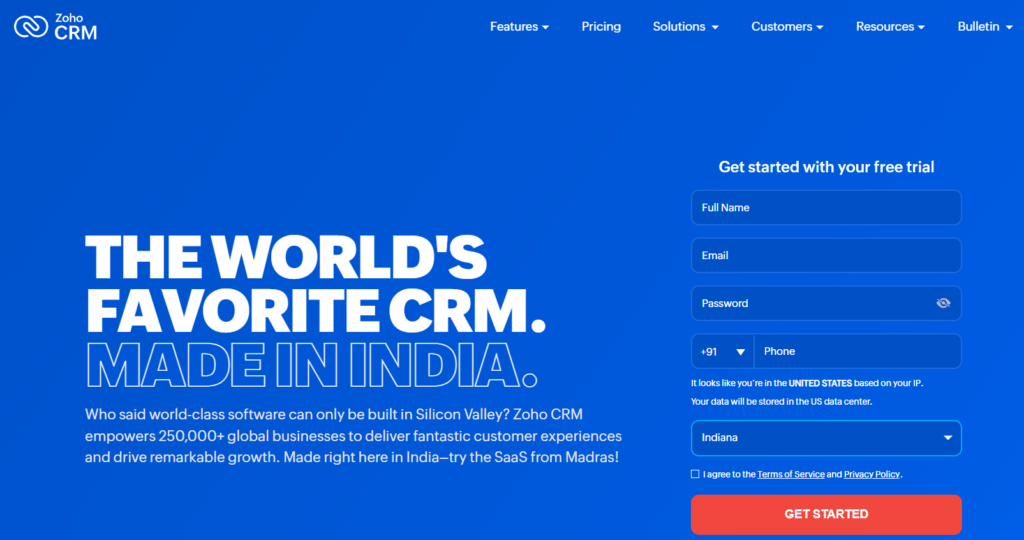
2. HubSpot CRM
HubSpot CRM is a very popular all-in-one inbound marketing and sales platform. For ecommerce businesses, HubSpot delivers powerful tools to attract and engage high-value customers.
Capabilities like lead and contact management, email marketing with automation workflows, landing pages/forms, and analysis of marketing performance help turn website visitors into loyal customers. HubSpot also makes it easy to personalize content for the most profitable segments.
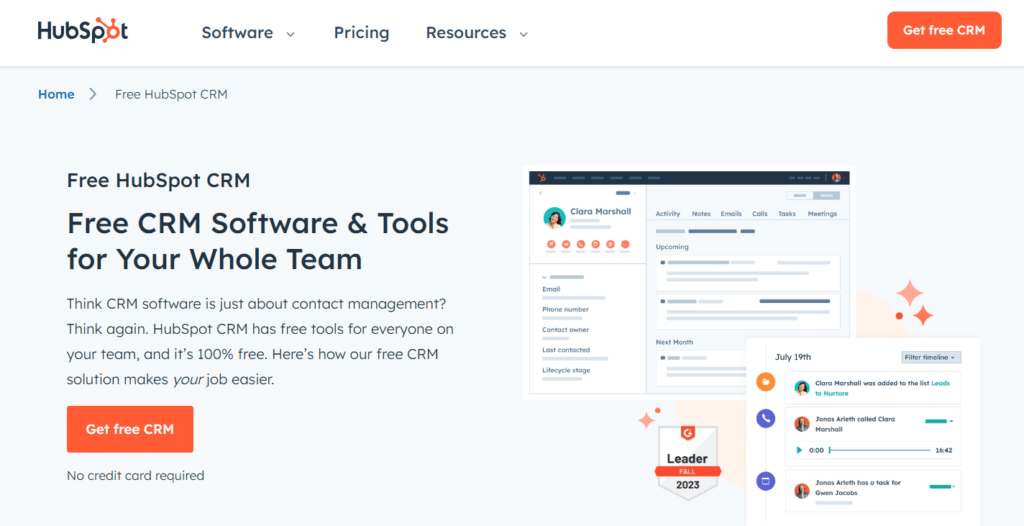
3. Salesforce Essentials
The Salesforce Essentials CRM package provides robust tools tailored for growing small- and medium-sized businesses selling online. Notable features include contact management, opportunity tracking, customer support and ticketing, sales force automation, Dashboards for actionable insights, and more.
As the central hub for all customer data and interactions, Salesforce Essentials helps ecommerce businesses deliver personalized sales and marketing messages while providing top-notch customer support. This leads to greater brand loyalty, customer lifetime value and faster growth.
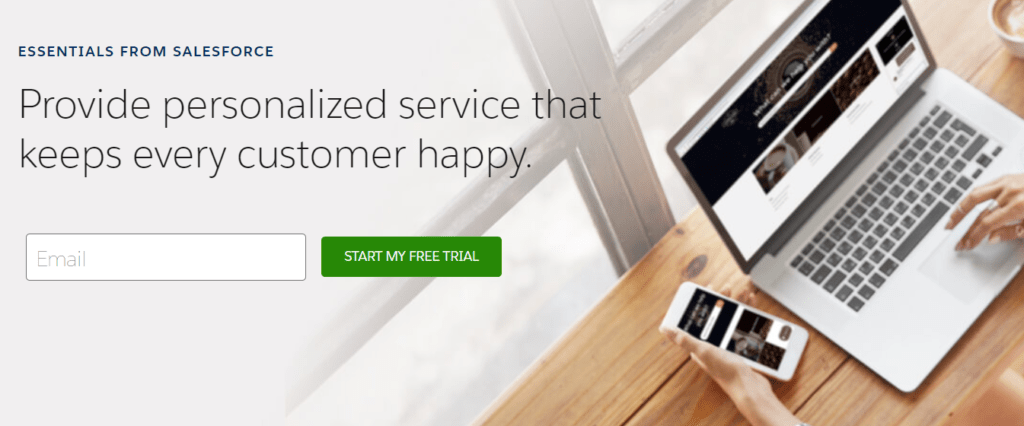
4. Pipedrive
Pipedrive is a very popular CRM specifically focused on managing the sales pipeline. The software equips ecommerce businesses with advanced tools to track leads, opportunities and deals while optimizing the entire sales process.
Notable Pipedrive features include lead scoring, customizable pipelines tailored to your sales workflow, activity reminders to follow up with leads, sales performance analytics, and more. Integrations with tools like Zapier also help connect Pipedrive to marketing automation and analytics programs.
5. Keap (formerly Infusionsoft)
Infusionsoft CRM, recently rebranded as Keap delivers advanced automation tailored for ecommerce sales and marketing. As an all-in-one suite, Keap combines CRM features like contact management with ecommerce capability, email marketing, landing pages, and automation for the entire sales funnel.
The software makes it easy to segment contacts, score leads, set up product recommendations, automate repetitive tasks, and analyze marketing ROI. This empowers online retailers to provide personalized, timely messages that convert at each funnel stage.
6. SimplyCast 360
SimplyCast 360 is an integrated ecommerce CRM platform for unified customer data, lifecycle engagement, and actionable insights. This newer solution offers 360-degree customer profiles, which helps retailers optimize repeat sales and maximize customer lifetime value.
Notable capabilities include behaviour-based customer segmentation, 1:1 lifecycle engagements via automated multi-channel campaigns, in-depth analytics on marketing performance, and customer health scores. SimplyCast also provides higher-level strategy recommendations based on CRM data analysis.
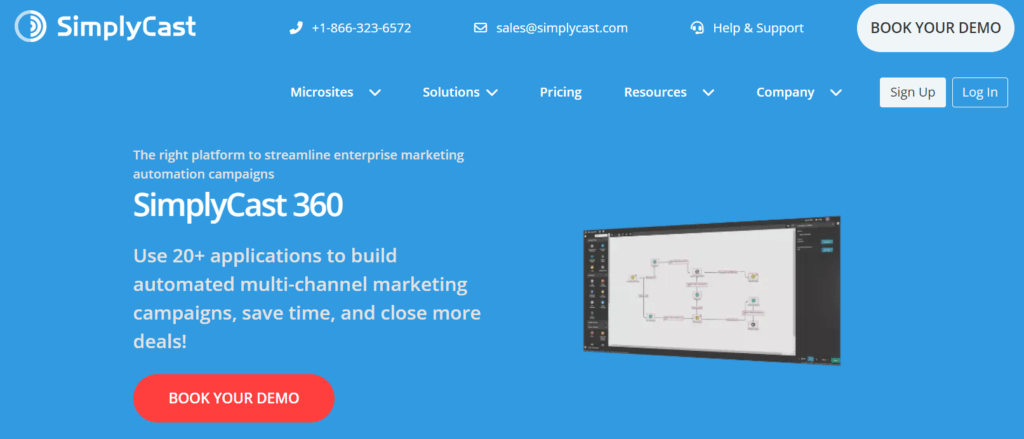
7. Crealytics
Crealytics is an enterprise-level all-in-one CRM designed specifically around the ecommerce industry. This end-to-end platform combines cutting-edge CX technology, like AI predictions, with strategy consulting and change management services.
Crealytics delivers customer intelligence to optimize digital experiences and inform strategic decisions for midmarket and large online retailers. Features include customer journey mapping, campaign management and analytics, personalized real-time interactions, and unified commerce data.
Crealytics pricing is customized as an enterprise solution based on the client’s annual revenue and needs. The company focuses on long-term partnerships with clients to drive digital CX maturity over time through a subscription-based model.
8. Shopify CRM
Shopify offers its built-in CRM solution for DTC ecommerce brands selling through its popular platform. The CRM features help brands strengthen customer relationships and increase repeat purchases.
Specific capabilities include a centralized contacts database, sales pipeline visibility to track deals and leads, basic marketing workflows and customer segments to group VIP buyers, and insights on highest-value shoppers.
As Shopify’s CRM is embedded into its platform pricing, there are no additional fees. However, capabilities remain fairly basic compared to standalone CRM tools. Many brands eventually graduate to more powerful solutions like HubSpot or Zoho as they scale up.
9. Copper CRM
Copper CRM by Copper is a sales pipeline-focused CRM designed for growth-oriented SMBs. The software goes beyond basic contact management to provide actionable insights and tools tailored to closing more deals profitably.
As an easy-to-use but still robust option, Copper CRM empowers entrepreneurs to streamline the sales process while personalizing customer experiences. Features like pipeline reports, lead/customer history tracking, email integration, task reminders, and custom fields cater specifically to improving sales team productivity.
10. Freshworks CRM
Rounding out our list is Freshworks CRM software. This sales-oriented platform aims to help SMBs manage the entire customer lifecycle from first touch to repeat sales. Omnichannel engagement, advanced analytics, and sales gamification features differentiate the Freshworks solution.
Freshworks makes it simple for small teams to track leads, quantify pipeline health, automate repetitive sales tasks, personalize customer onboarding, and optimize conversions. With the CRM driving more intelligent engagements, businesses see greater ROI on sales and marketing efforts.
What Should You Look for in E-commerce CRM Software for Small Business?
When comparing e-commerce CRM software options, it’s essential to consider several must-haves to help you manage customer relationships, drive sales, and foster long-term loyalty. Here are some key features to look for in e-commerce CRM software:
Customer Analytics
Customer analytics allow you to track purchase frequency, average order value, and lifetime revenue to identify your most valuable customers. This information is crucial for tailoring your marketing strategies and improving customer satisfaction.
Marketing Automation
Nurture leads through personalized email, social media campaigns, and conversions via landing pages and forms. Automation tools can save time and ensure consistent customer and prospect communication.
Campaign Management
Create, execute, and analyze the results of highly targeted email, social media, and ad campaigns. This feature helps you measure the effectiveness of your marketing efforts and make data-driven decisions to improve your strategies.
Integrations
Connect seamlessly with e-commerce platforms like Shopify and BigCommerce and email and accounting software. Seamless integration ensures a unified view of customer data and streamlined operations, ultimately driving efficiency and productivity.
Mobile Capabilities
Manage customers and access data on the go. Mobile-friendly CRM software allows you to stay connected with your customers and provide excellent service, even when you’re on the move.
Customer Support
Provide excellent service with ticketing systems, knowledge bases, and chatbots. These tools enable efficient issue resolution and proactive support, ultimately enhancing customer satisfaction and loyalty.
Security
Ensure customer data safety through encryption, access controls, and permissions. As e-commerce businesses handle sensitive customer information, it’s crucial to prioritize data security and privacy.
Affordability
Choose cost-effective software that fits your budget long-term. E-commerce CRM software comes in various pricing plans, so consider your budget and the value each software offers in return.
Considering these features, you’ll find an exceptional e-commerce CRM that ticks all the boxes and helps your small business grow and thrive in the competitive online marketplace.

Choose the Best Fit eCommerce CRM Solution.
Consider these 10 featured software options as a launching point to find the ideal customer relationship management platform for your expanding internet retail operation! Evaluating CRM software for your online store can feel overwhelming initially. Keep your key pain points, budget, scalability needs and desired capabilities front of mind during decision-making. Most CRM tools also offer free trials of their core features.
Utilising customer intelligence to build profitable, transparent, collaborative buyer relationships is non-negotiable in today’s digital economy. Combined with an ecommerce platform like Shopify or WooCommerce, a solid CRM solution paves the way for data-driven sustainable growth.
Pro Tips for Choosing the Winning CRM:
- Try free trials and demos: Most CRM platforms offer free trials or demos, allowing you to test-drive their features and user interface before committing.
- Seek expert advice: Don’t hesitate to consult with CRM specialists or ecommerce consultants for personalized recommendations based on your specific needs.
- Prioritize scalability: Choose a CRM that can grow with your business, ensuring you’re not outgrowing its capabilities down the line.
- Focus on user adoption: Remember, the best CRM is the one your team will use. Opt for user-friendly solutions with intuitive interfaces and easy onboarding processes.
By taking these factors into account, you can choose the CRM that is right for your small business.
I hope this helps!
Frequently Asked Questions About CRMs for Small Businesses
What is a CRM?
A CRM, or customer relationship management system, is a software tool that helps businesses manage their customer interactions. It can help you track customer data, automate tasks, and improve your customer relationships.
Do I need a CRM for my small business?
If you have any customer interaction, then the answer is yes! A CRM can help you improve your sales, marketing, and customer service. It can also help you save time and money.
What are the best CRMs for small businesses?
Many great CRMs are on the market, but some of the most popular options for small businesses include Zoho CRM, HubSpot CRM, and Salesforce Essentials.
What should I look for in a CRM?
When choosing a CRM, you should keep a few things in mind, such as your budget, your business needs, and the size of your team. You should also ensure the CRM is easy to use and integrates with your other business tools. An all-in-one CRM consolidates various business functions into a single platform, providing a unified solution for managing customer relationships, sales, and other operations.
Can CRM software help with customer data management and analysis?
Absolutely. CRM software helps manage customer data efficiently and provides tools for analyzing customer interactions, preferences, and behaviours, enabling data-driven decision-making.
How much does a CRM cost?
CRMs can range in price from free to several thousand dollars per month. The price will depend on the features you need and the number of users. Also, There are specialized CRMs tailored to the needs of small businesses.
Can I get a free CRM?
Yes, many CRM providers offer free plans with basic features, providing an excellent entry point for small businesses to utilise CRM tools without a significant financial commitment.
I’m not sure how to use a CRM.
Most CRM providers offer training and support to help you get started. You can also find many helpful resources online. They offer user-friendly interfaces and support businesses without extensive experience with CRM, making it accessible for startups and those new to CRM technology.
I’m still not sure if I need a CRM.
If you’re still unsure, you can always sign up for a free trial of a CRM and see if it’s right for you.


